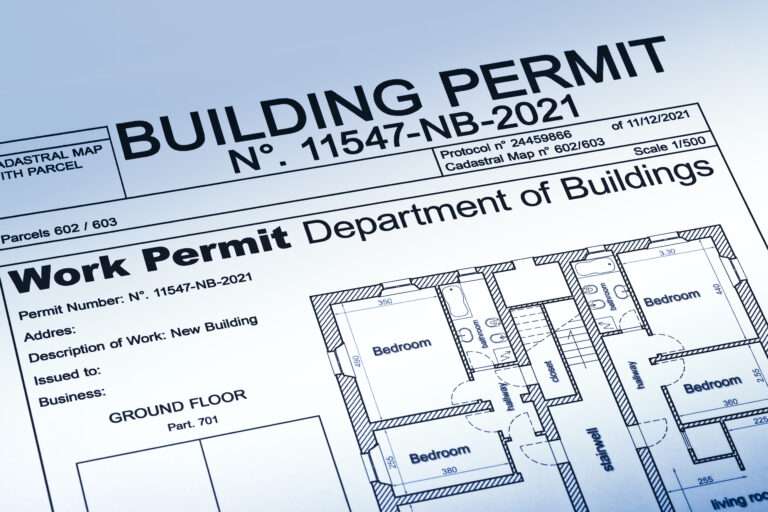
Great! You landed a contract for a new build and your team is ready to get to work. All that’s left is to sign your John Hancock to the dotted line to make sure you and your crew get paid for the work that’s done. But wait, what’s this?
“Progress payments to Subcontractor shall be made only with sums received by Contractor from Owner for work performed by Subcontractor as reflected in Contractor’s applications for payment.”
That’s head-spin lawyer speak, but what does it mean? Are you prepared to receive payment for the hard work and effort your team put into a job? How do you know if what you’re signing is in your best interest? At the Cromeens Law Firm, we are experts at deciphering Texas Business Law.
Avoid the Pitfalls of the Clause
General contractors use subcontract agreements to protect their interests and shift risk downstream to subcontractors. They accomplish this by including powerful contract clauses that provide little escape from harsh outcomes if the project doesn’t unfold as planned.
One such clause is the contingent payment clause, which forces a subcontractor to assume the risk of the owner’s failure to pay.
Yes, you read that right. If the owner doesn’t pay the general contractor, then the subcontractor doesn’t get paid.
Unfortunately, most subcontractors don’t become aware of this clause until long after the subcontract is executed.
At this point, a subcontractor may assume they’re at the mercy of the nonpaying contractor as they watch their cash flow drop dramatically. Fortunately, Texas law provides subcontractors with some protection.
Understand the Law to Ensure Proper Payment
Texas law attempts to balance the interests of general contractors and subcontractors by providing common-sense application of contingent payment clauses. The statute states that the general contractor must pay the subcontractor even if he or she had not been paid by the owner.
If a contingent payment clause is enforceable against the subcontractor, there is still an exception to the rule if the subcontractor gives notice to the general contractor that he intends not to be bound by the clause. The statute provides a strict timeframe for providing the notices, which are ineffective as to subsequent payments and must be reissued.
Experience When and Where You Need It
An experienced attorney will ensure you follow the guidelines in the statute. The protections in the statute cannot be waived or used against a properly perfected mechanic’s and materialman’s lien. Additionally, a contingent payment clause cannot be enforced if it would be “unconscionable.”
If you are unable to reach an agreement with the other party, a judge would need to define what is “unconscionable,” which is a more subjective deliberation than you would think. It really just comes down to a, excuse the pun, judgment call.
If you entered into a subcontract agreement with a contingent payment clause, it’s important to be ready for action as soon as the general contractor attempts to enforce the provision against you. Failure to act can cost you a great deal.
The Cromeens Law Firm provides clients with expert navigation of the Texas contingent payment clauses, ensuring subcontractors protect their bottom line by having access to the right tools. Contact one of our experienced attorneys today by calling 713-489-5792 or contact us online to discuss your options.
This article is intended as a general educational overview of the subject matter and is not intended to be a comprehensive survey of recent jurisprudence, nor a substitute for legal advice for a specific legal matter. If you have a legal issue, please consult an attorney.






